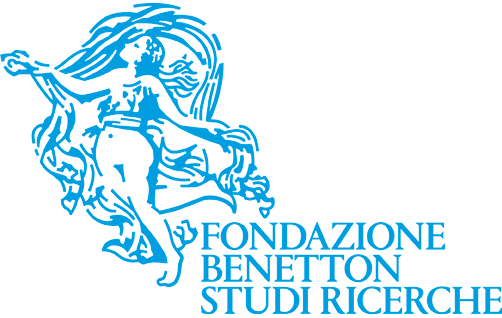Gaetano Cozzi Prize for studies on the history of games
As part of its long-standing support for research into games, festive events, sports and leisure activities in general up to the outbreak of World War II, the Fondazione Benetton Studi Ricerche sponsors two annual awards of 3,000 Euros each for young scholars.
The prize was first awarded in 2016 and is entitled in memory of Professor Gaetano Cozzi (1922-2001), who spurred the Foundation, from its earliest years, to pursue a special interest in research conducted by young scholars in the fields of study mentioned above.
From 2001 to 2015 the awards were called ‘Gaetano Cozzi scholarships for degree dissertations on the history of games’, and before that, from 1988 to 2000, they were dedicated to the memory of Stefano Benetton (1967-1985).
Chaired by Gherardo Ortalli, the Selection Board is made up of members of the Scientific Committee of the journal «Ludica. Annali di storia e civiltà del gioco».
Call for submissions, ninth year, 2025 ( pdf 586 kb)
Submissions must arrive no later than Monday 17th March 2025
